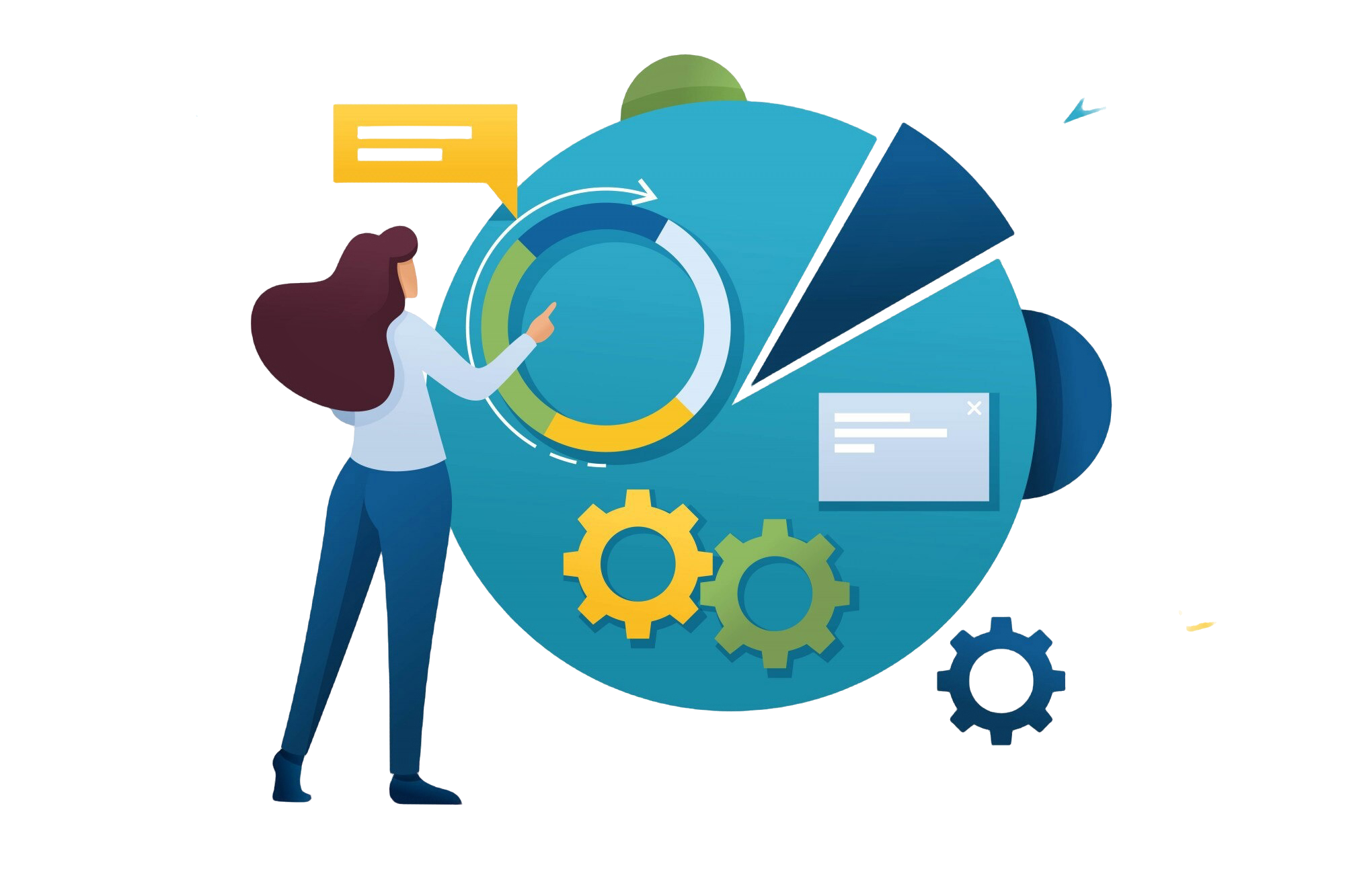How QMinds Added Value Through Process Improvement Using Various Models and Standards

Background
A mid-sized technology company specializing in software development was experiencing challenges in delivering high-quality projects on time. The company faced issues such as inconsistent processes across different teams, high defect rates, and fluctuating customer satisfaction. To address these problems and achieve sustainable growth, the organization sought to implement a structured approach to process improvement using established models and standards.
The company partnered with QMinds, a consulting firm renowned for expertise in process improvement and quality frameworks, including CMMI, ISO, and other international standards. The goal was to improve operational efficiency, enhance product quality, and achieve industry certifications that would boost the company’s market credibility.
Objectives
The primary objectives of the process improvement initiative included:
- Standardizing Processes Across Teams: Establish consistent and repeatable processes across the organization.
- Achieving Compliance with Industry Standards: Work towards certifications such as CMMI for Development, ISO 9001 for Quality Management, and ISO 27001 for Information Security.
- Improving Product Quality and Reducing Defects: Lower defect rates and enhance overall product quality.
- Fostering a Culture of Continuous Improvement: Embed a mindset focused on continuous process optimization and innovation.
Approach
QMinds employed a tailored approach that integrated best practices from multiple process improvement models and standards, providing the organization with a holistic solution for achieving its goals.
1. Initial Assessment and Gap Analysis
- QMinds conducted a comprehensive assessment of the company’s current processes, identifying gaps in project management, quality control, and information security. This initial analysis compared the company’s existing practices with CMMI, ISO 9001, and ISO 27001 requirements, revealing key areas for improvement.
- A detailed action plan was developed to close these gaps, incorporating steps for process optimization, standardization, and alignment with industry standards.
2. Process Definition and Documentation
- The next phase involved defining and documenting core processes for software development, project management, quality assurance, and information security. QMinds facilitated workshops with key stakeholders to develop standard operating procedures that aligned with the requirements of CMMI, ISO 9001, and ISO 27001.
- The documentation provided a foundation for process consistency, helping to establish a shared understanding across teams and reducing process variations.
3. Implementing Process Improvements
- QMinds guided the company through a series of process improvement initiatives, including:
- Project Management Enhancements: Introducing a structured project management framework that included risk management, progress tracking, and stakeholder communication.
- Quality Assurance Upgrades: Establishing robust quality assurance protocols, such as standardized testing procedures, peer reviews, and defect tracking practices, to reduce rework and improve product quality.
- Information Security Measures: Implementing data protection practices and security controls to align with ISO 27001 requirements, ensuring the confidentiality, integrity, and availability of information.
4. Training and Skill Development
- To ensure the success of the process improvement initiatives, QMinds conducted training sessions for employees at all levels. The training covered new processes, quality management practices, and information security requirements, as well as the principles behind CMMI, ISO 9001, and ISO 27001.
- Employees were equipped with the knowledge and skills needed to apply the process improvements effectively and contribute to a culture of continuous improvement.
5. Establishing Measurement and Data-Driven Decision Making
- QMinds helped the organization implement a measurement system to track key performance indicators (KPIs) related to project delivery, quality, and security. These metrics provided insights into process performance and highlighted areas requiring further improvement.
- The use of data-driven decision-making enabled the company to monitor the impact of process changes, identify trends, and make informed adjustments.
6. Achieving Certifications and Preparing for External Audits
- QMinds supported the company in preparing for certification audits by conducting internal assessments, reviewing documentation, and addressing any remaining process gaps.
- The organization successfully achieved CMMI Level 3 for Development, ISO 9001 for Quality Management, and ISO 27001 for Information Security, demonstrating a commitment to high standards in quality and security.
Results
The process improvement initiative led by QMinds delivered significant value to the company, resulting in:
Standardized and Efficient Processes: The company established standardized processes across all teams, leading to consistent project execution and reduced variability.
Enhanced Product Quality and Lower Defect Rates: The adoption of robust quality assurance practices led to a 35% reduction in defect rates and a corresponding increase in customer satisfaction.
Improved Information Security: The implementation of ISO 27001-compliant security measures strengthened data protection, minimizing risks associated with data breaches.
Successful Certification Achievements: The organization gained CMMI, ISO 9001, and ISO 27001 certifications, enhancing its reputation and providing a competitive advantage in the marketplace.
Cost Savings and Operational Efficiency: Process optimization resulted in cost savings from reduced rework, faster project delivery, and more efficient resource utilization.
Lessons Learned
Integrating Multiple Standards Adds Value: Combining best practices from CMMI, ISO 9001, and ISO 27001 provided a comprehensive framework for improving quality, security, and overall process efficiency.
Continuous Improvement is an Ongoing Journey: Achieving certifications is not the end goal but a step in an ongoing process of optimizing and refining practices.
Employee Engagement is Key: Involving employees in the process improvement efforts through training and feedback sessions contributed to a culture that embraced change and continuous improvement.
Conclusion
This case study demonstrates how QMinds added value to a technology company by leveraging multiple process improvement models and standards. The structured approach resulted in optimized processes, higher product quality, enhanced information security, and successful industry certifications. QMinds’ expertise in integrating various frameworks and guiding organizations through their process improvement journeys enabled the company to achieve sustainable growth and a stronger market position.




